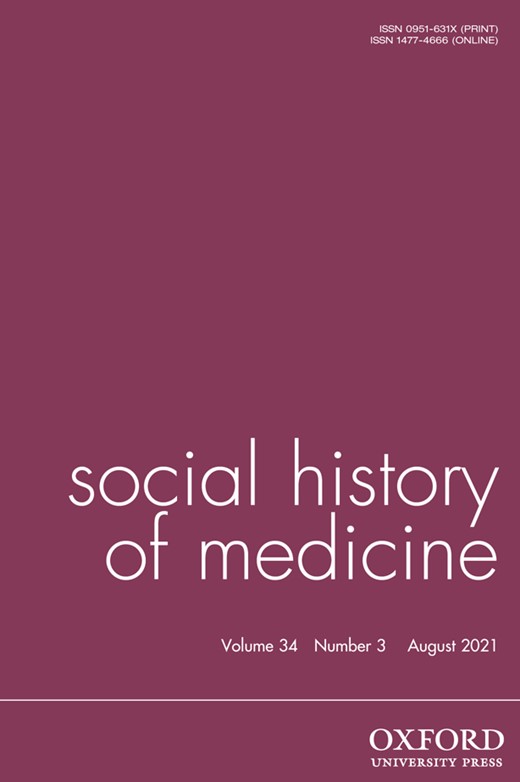-
Views
-
Cite
Cite
Laura D. Hirshbein, Stella Chess and the History of American Child Psychiatry, Social History of Medicine, Volume 34, Issue 3, August 2021, Pages 788–807, https://doi.org/10.1093/shm/hkaa004
Close - Share Icon Share
Summary
Throughout its history, American child psychiatry has been a hospitable specialty for women physicians. In its early years when practitioners were often steeped in psychoanalysis and influenced by theorists such as Anna Freud, many leaders within the field were women. By the 1960s and 1970s, child psychiatry was moving away from analysis and towards more research-based practice. The biography of an important leader in this area, New York University’s Stella Chess, illustrates the mechanism of that transformation and the role of ideas about mothers and working women. Chess, along with her husband and collaborator Alexander Thomas, gathered data to disprove the popular notion that mothers were to blame for children’s behaviour problems and demonstrated instead that issues resulted from a poor fit between a child’s temperament and his/her environment. Chess not only demanded that facts support theory, but also used her own parenting experiences and common sense to guide her work.




